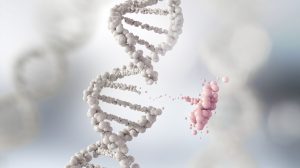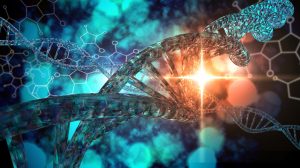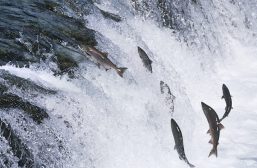Definition
noun
The process of making inactive or the state of becoming less or not active anymore
Supplement
Deactivation is in general a process of making inactive. It may also refer to a state from being active to becoming less or no longer active. In biology, deactivation may be seen in protein denaturation and sterilization.
Deactivation of a particular protein may be carried out, for instance, by denaturation. Denaturation disrupts the structure of the protein, i.e. the quaternary, tertiary, or secondary structure. It can be done by applying an external stress or compound, e.g. through introduction of a strong acid or base, an inorganic salt, or an organic solvent. It may also be through exposure to radiation or heat. When a protein loses its structure, it will not be able to carry through a biological activity. Cells with denatured proteins may lead to cell death.
Deactivation is also a term in microbiology. For instance, deactivation of microbiological life and other related biological agents is done through sterilization. They are killed as a result of sterilization and therefore are no longer capable of replicating, functioning, or producing disease. Sterilization may be carried out through heat, high pressure, irradiation, and chemical administration.
Compare:
Related form(s):







